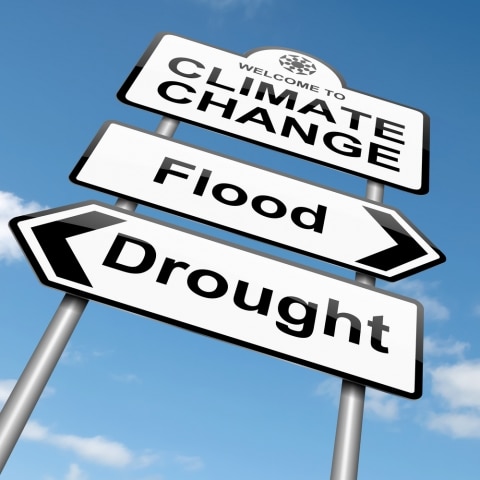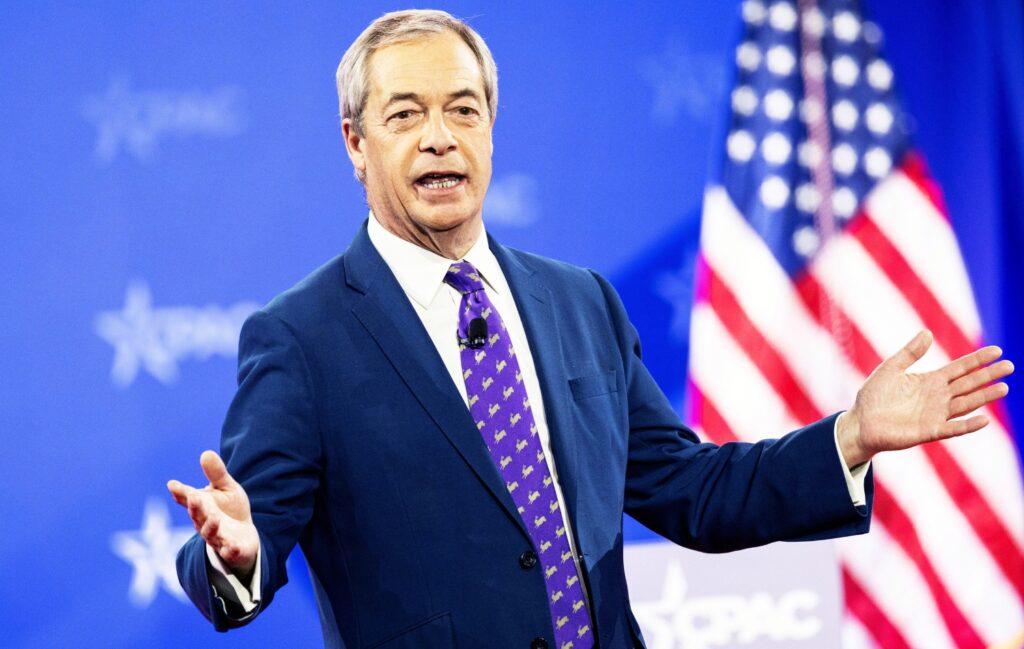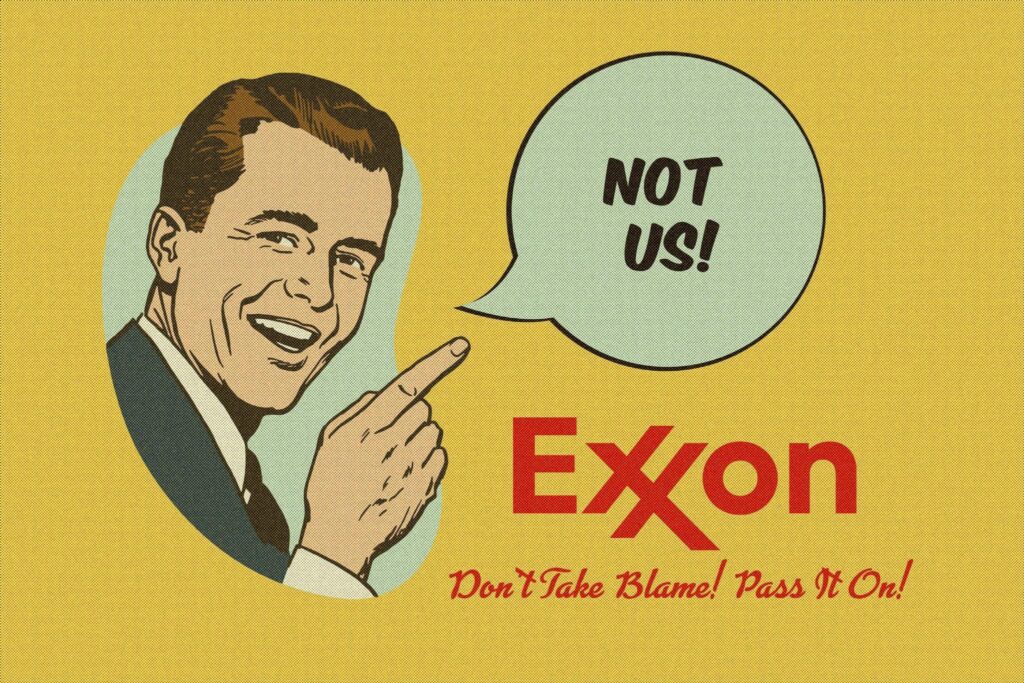This is a guest post by Climate Nexus.
A recent opinion piece in The Wall Street Journal by Rupert Darwall paints efforts to address climate change through international policy as doomed from the start, ignores recent progress and dismisses mounting public support for action.
As countries negotiate in Lima, Peru, this week, long-time climate change skeptic Rupert Darwall seizes the moment to rehash tired critiques of past international efforts on climate.
In fact, the U.S.-China deal will deliver real reductions in greenhouse gas emissions, the costs of climate impacts clearly outweigh the costs of climate change mitigation and initial national pledges to the Green Climate Fund are meant to spur additional, substantial private sector investment.
Recent advances in clean energy and climate action reveal a much different picture than the one Darwall tries to paint:
- The agreement between China and the U.S. provides a solid foundation for international negotiations to build upon and moves the world closer to a path that avoids catastrophic climate change.
- The costs of climate impacts are too great to ignore, and as renewable energy is reaching grid parity with fossil fuels they are a wiser investment.
- Current pledges to the Green Climate Fund have reached $9.7 billion, making the goal of $10 billion in initial public investment within easy reach.
- The U.S.-China agreement appears to be motivating further climate optimism and action, with Japan and Germany stepping up and rumored commitments from India.
- The author, Rupert Darwall, is a repeat climate change skeptic with a track record to prove it.
The U.S.-China agreement moves the world closer to a path that avoids the worst climate impacts and sets the stage for international negotiations. The U.S. targets will cut total emissions by more than a quarter by 2025 and China’s emissions will peak by 2030. If fully implemented, the deal will keep 640 gigatons of CO2 — an amount greater than all global fossil fuel emissions from 1990-2013 – from being emitted into the atmosphere. The UN IPCC has stated that the world must limit warming to two degrees Celsius to avoid catastrophic impacts from climate change. The U.S.-China deal sets the world on the path to achieving that target.
After repeating the tired, repeatedly debunked “pause” talking point, Darwall argues that China’s climate targets incentivize increased emissions and do not require meaningful national action. This blatantly ignores that China has become the largest global investor in clean energy, instituted carbon markets in seven regions in 2013 and banned new coal plants in three key regions — all while planning for a national carbon market in 2016. Further information on China’s climate and energy policies is available here.
The costs of climate impacts exceed mitigation costs. Clean energy is cheap and reaching grid parity with fossil fuels. Just last week, the New York Times reported that costs for wind and solar power have plummeted so much over the last five years that some markets for renewables have surpassed grid parity and are now cheaper than coal or natural gas. Germany, Europe’s largest economy, is for the first time getting more electricity from renewables this year than from any other source. E.On, one of Germany’s largest utilities, recently stated that it would gradually spin off its fossil fuel plants and focus on its renewable energy and distribution businesses. Furthermore, the most recent climate assessment from the Intergovernmental Panel on Climate Change indicates that delaying efforts to reduce greenhouse gas emissions will make both mitigation and climate impacts themselves more costly.
Current public pledges to the Green Climate Fund bring us very close to the initial $10 billion goal. The UN has stated that its goal for initial public capitalization is to reach at least $10 billion by the end of 2014. The initial $10 billion is designed to mobilize $100 billion of private and public money, which world leaders committed to supporting at the 2009 Copenhagen Accord. Pledges now total $9.7 billion from 22 different countries.
The U.S.-China agreement is causing a ripple effect, spurring further climate action internationally. While climate talks are complex and are often finalized only after lengthy negotiations, the bold action by the U.S. and China already seems to be inspiring similarly dramatic commitments from other countries. Japan and Canada contributed to the Green Climate Fund following the establishment of this bilateral deal, and India is rumored to be considering climate action as well. Many diplomats have expressed a sense of “rare optimism” following this landmark bilateral deal, and the U.S. is both realistic and optimistic about the potential for success.
“Climate negotiations have been fraught for 20 years,” an official interviewed in the Washington Post said. “There are 190-plus countries in these tough negotiations, and it’s not like they will all fall into place in five minutes. But this a really important step.” The Montreal Protocol, which banned the use of ozone-depleting CFCs, started out in the 1990s with only the U.S., Canada and a few other countries leading the way, but its successful establishment soon prompted many other nations to follow suit.
Rupert Darwall is a repeat climate change skeptic. He has been a featured speaker at the Author Series at the Heartland Institute, a notorious think tank that denies climate change and works to undermine the scientific consensus on human-caused climate change. The Heartland Institute has also worked to debunk the notion that smoking causes cancer. Also, Darwall’s book launch was organized by the Global Warming Policy Foundation, another climate denier group that has been publicly chastised by the British government for ‘blurring fact and comment on climate change’ and forced to abandon the pretense of being a solely “educational” charity by developing a political arm.
Subscribe to our newsletter
Stay up to date with DeSmog news and alerts






